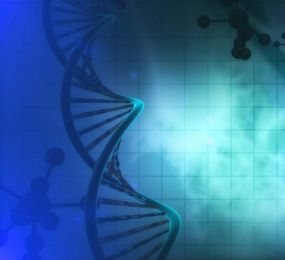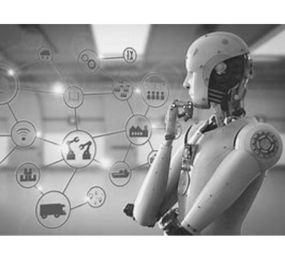Implementing digitisation, digital platforms, real-time monitoring and control, predictive technologies, and other data-driven tools like machine learning (ML) and artificial intelligence (AI) to advance process and product knowledge and understanding is known as intelligent manufacturing, or "Biomanufacturing 4.0." Drug developers can construct their processes to improve product quality and streamline their operations with the information obtained from these strategies.
Process modelling, which creates digital twins of how manufacturing plants operate using process models that have been solved numerically, has gained popularity in recent years. Process modelling is a crucial enabler for the chemical and pharmaceutical industries' cost-effective digitization.
The digital twin is a complete process assistant that can simulate the future using all effective models and has access to all historical data and current process conditions. The complete process chain is modelled by the bioprocess digital twin. from raw materials to final products. Because of this, digital twins are extremely powerful. For the first time, critical quality attributes (CQAs) may be predicted across all unit operations.
The bioprocess digital twin is essentially a thorough, integrated mathematical model of the entire process chain. Real-time data and development are both incorporated. It consumes time-series, quality, and PAT data. Digital twins make use of merged ODE, PDE and bayesian statistical models. Moreover, they are able to forecast critical quality attributes and key performance indicators.
The main difficulties in biomanufacturing are maintaining high yields and product quality consistently. Critical process parameters (CPPs) like media and feed compositions, which might vary even slightly, can have a major impact on a product's critical quality attributes (CQAs). Design of experiments and multivariate statistical methods are frequently employed in this industry to find CPPs and their relationships with product yield and CQAs. The performance of CQA prediction can be enhanced by capturing the intricate correlations in high-dimensional data, despite the fact that these models can forecast the impact of CPPs on product yield.
In this sense, machine learning (ML) approaches provide enormous potential in processing non-linear datasets and are able to find new CPPs that could successfully forecast the CQAs.
Join 150+ global bioprocessing professionals at next year's event as you learn about today's innovative science and technologies designed to accelerate your biologics and novel products to market.
Join us on 28th - 29th March, 2023 for the International Bioprocessing and Biologics Forum, in Berlin, Germany so you don't feel left out in the industry!
To register or learn more about the Forum please check here: https://bit.ly/3zxguXW
For more information and group participation, contact us: [email protected]
















